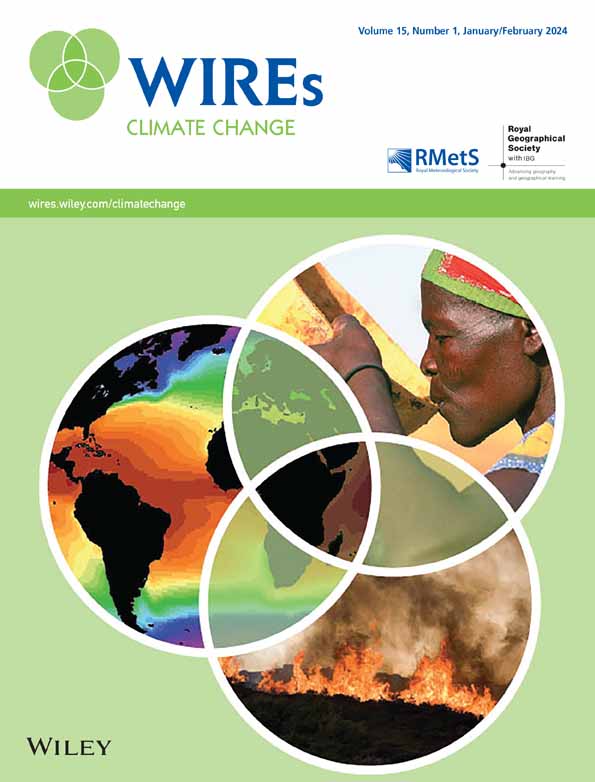COP26与反化石燃料规范的动态
IF 10.3
1区 环境科学与生态学
Q1 ENVIRONMENTAL STUDIES
引用次数: 7
摘要
尽管化石燃料生产和消费对全球温室气体排放有着明显的贡献,但化石燃料在很大程度上仍然不在《联合国气候变化框架公约》建立的国际制度的重点范围内。然而,2021年格拉斯哥气候变化大会(COP26)标志着一个重要的变化,化石燃料在政府间谈判和会议的次要议题中都占有重要地位。在这里,我们讨论了这些发展,作为围绕“反化石燃料规范”进行辩论的场所。我们认为,反化石燃料的规范越来越多地被采用和制度化。然而,应对化石燃料措施的支持者和反对者之间的持续争论引发了一些重要问题,包括新兴规范的具体内容、化石燃料行业在气候治理中的作用、这些规范在多大程度上与其更广泛的规范背景“相适应”,以及实施这些规范的南北合作条件。本文章由计算机程序翻译,如有差异,请以英文原文为准。

COP26 and the dynamics of anti‐fossil fuel norms
Notwithstanding the clear contribution of fossil fuel production and consumption to global greenhouse gas emissions, fossil fuels have remained largely outside the focus of the international regime established by the United Nations Framework Convention on Climate Change. The 2021 Glasgow Climate Change Conference (COP26) marked an important change, however, with fossil fuels featuring prominently in the intergovernmental negotiations as well as on the side‐lines of the conference. Here we discuss these developments as a site for contestations around “anti‐fossil fuel norms.” We argue that anti‐fossil fuel norms are increasingly being adopted and institutionalized. However, ongoing contestation among proponents and opponents of measures to tackle fossil fuels raises important questions over the specific content of emerging norms, the role of the fossil fuel industry in climate governance, the extent to which these norms “fit” with their broader normative context, and the conditions of North–South cooperation in which such norms are to be implemented.
求助全文
通过发布文献求助,成功后即可免费获取论文全文。
去求助
来源期刊

Wiley Interdisciplinary Reviews: Climate Change
METEOROLOGY & ATMOSPHERIC SCIENCES-
CiteScore
20.00
自引率
2.20%
发文量
58
审稿时长
>12 weeks
期刊介绍:
WIREs Climate Change serves as a distinctive platform for delving into current and emerging knowledge across various disciplines contributing to the understanding of climate change. This includes environmental history, humanities, physical and life sciences, social sciences, engineering, and economics. Developed in association with the Royal Meteorological Society and the Royal Geographical Society (with IBG) in the UK, this publication acts as an encyclopedic reference for climate change scholarship and research, offering a forum to explore diverse perspectives on how climate change is comprehended, analyzed, and contested globally.
 求助内容:
求助内容: 应助结果提醒方式:
应助结果提醒方式:


